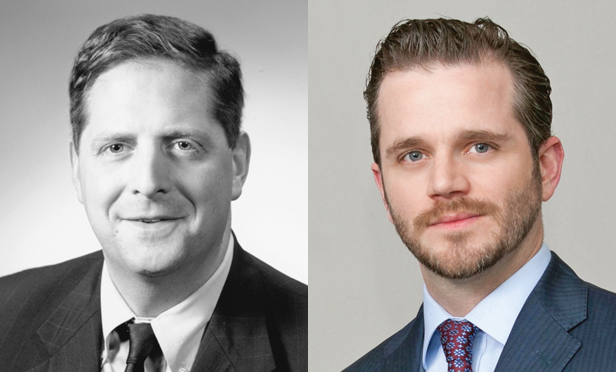On its face, the separation of powers played out in our criminal justice system is pretty simple: The legislature, in its sausage-making function, writes the statute, which defines the criminal elements. The executive investigates and prosecutes criminal conduct set forth in the statute. And the judiciary interprets the statute. Yet, often, the interpretation and application of criminal law is carried out by prosecutors pursuing novel and unintended theories of an offense, leaving the courts to rein them in when they’ve stretched the law too far, while calling on Congress to define crimes more clearly. As the Supreme Court has recently stated in Abramski v. United States, 134 S. Ct. 2259, 2274 (2014), “whether the government interprets a criminal statute too broadly (as it sometimes does) or too narrowly … a court has an obligation to correct its error.”
In 2002, in response to the mass shredding of Enron-related documents by Arthur Anderson, Congress enacted 18 U.S.C. Section 1519 as part of the Sarbanes-Oxley Act. Section 1519 subjects to imprisonment of up to 20 years “whoever knowingly alters, destroys, mutilates, conceals, covers up, falsifies or makes a false entry in any record, document or tangible object with the intent to impede, obstruct or influence” an investigation of any agency or department of the United States. Since then, prosecutors have broadened Section 1519 from its document-shredding origins to a catch-all ban on evidence spoliation. Recently, in Yates v. United States, — S. Ct. — (2015), the U.S. Supreme Court held that prosecutors may no longer employ Section 1519 outside of its statutory context.
This content has been archived. It is available through our partners, LexisNexis® and Bloomberg Law.
To view this content, please continue to their sites.
Not a Lexis Subscriber?
Subscribe Now
Not a Bloomberg Law Subscriber?
Subscribe Now
LexisNexis® and Bloomberg Law are third party online distributors of the broad collection of current and archived versions of ALM's legal news publications. LexisNexis® and Bloomberg Law customers are able to access and use ALM's content, including content from the National Law Journal, The American Lawyer, Legaltech News, The New York Law Journal, and Corporate Counsel, as well as other sources of legal information.
For questions call 1-877-256-2472 or contact us at [email protected]



